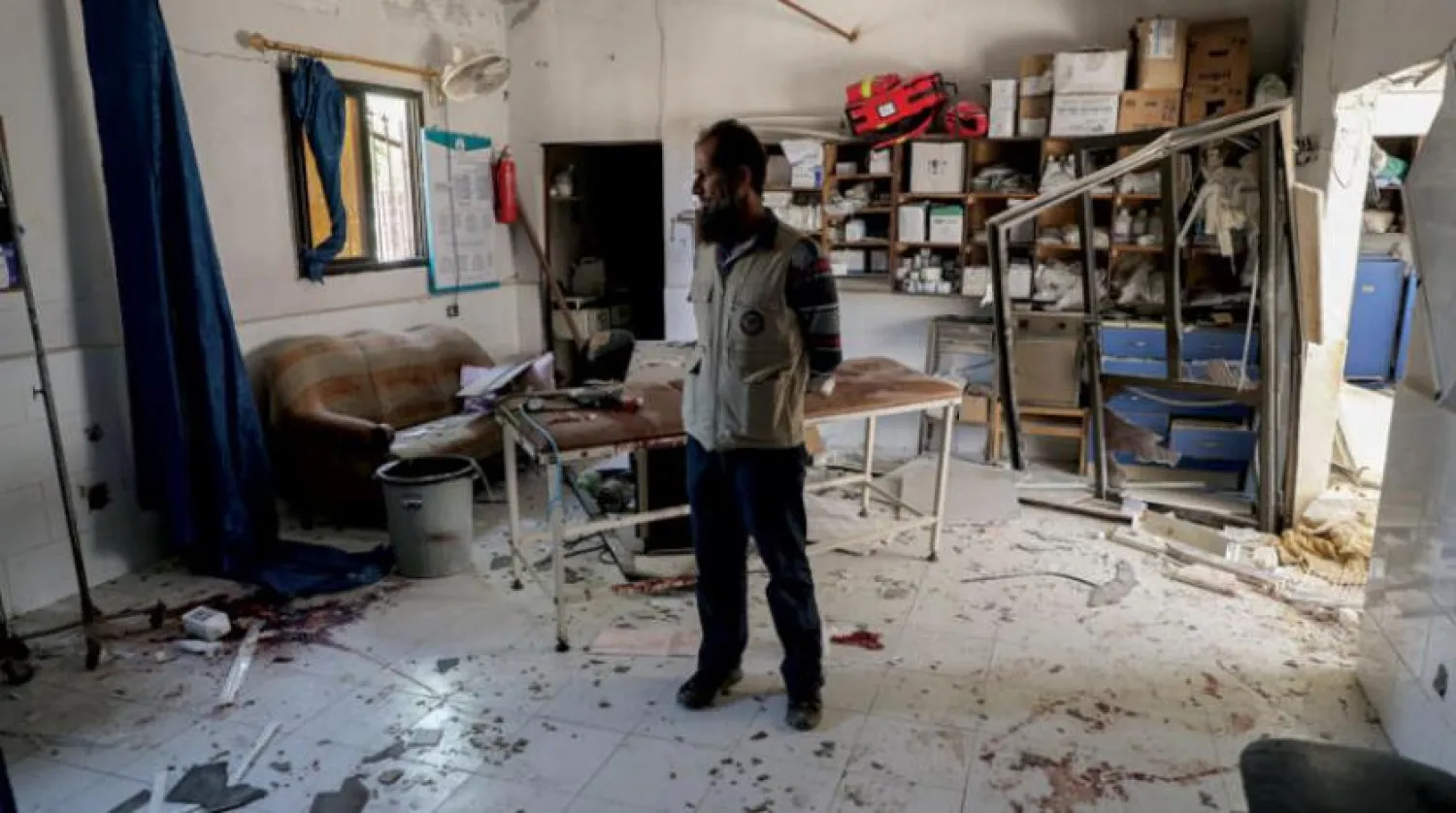The Syrian Democratic Council (SDC), the political wing of the Syrian Democratic Forces (SDF), called on the United Nations and the Security Council to form a special and impartial international committee to investigate the bombing of a civilian hospital in Afrin, in northern Syria.
Al-Shifaa hospital in opposition-held Afrin was shelled on June 12 killing at least 16 people, including a doctor, three hospital employees, three women, and a child.
The Democratic Council denounced the “crime of Afrin Hospital,” stressing in a statement issued on its website that it must not pass without accountability.
It demanded the formation of a special and impartial international committee to investigate the crime, reveal the responsible parties and bring the perpetrators to justice, adding that the council works to activate channels of dialogue with the various Syrian parties.
The Syrian Democratic Forces are backed by the US-led international coalition to combat the terrorist organization ISIS.
In its statement, the council denied any responsibility for the attack, blaming Turkey for obstructing the SDF's mission in fighting terrorist organizations and their active cells.
For her part, the President of SDC Executive Committee Ilham Ahmed accused Turkey of planning to occupy more Syrian lands by bombing the Afrin Hospital.
Ahmed stressed to Asharq Al-Awsat that civilians are paying the price as a result of the Turkish policies and agreements with warring parties on Syrian territory.
The Turkish occupation took advantage of the bombing of Afrin Hospital and the situation in Manbij to create sedition and implement its threat to occupy new areas in the northeast of the country, according to Ahmed.
She also warned that Ankara wants to take control of areas in northeast Syria, claiming they are not safe, and civilians are targeted.
Ahmed called for guaranteeing the safety of civilians and the necessity of ensuring the safe return of Afrin residents to their homes.
Displaced people from al-Ghouta are currently residing in the homes of the Kurds, who in turn were displaced from Afrin after Turkey occupied it years ago.









